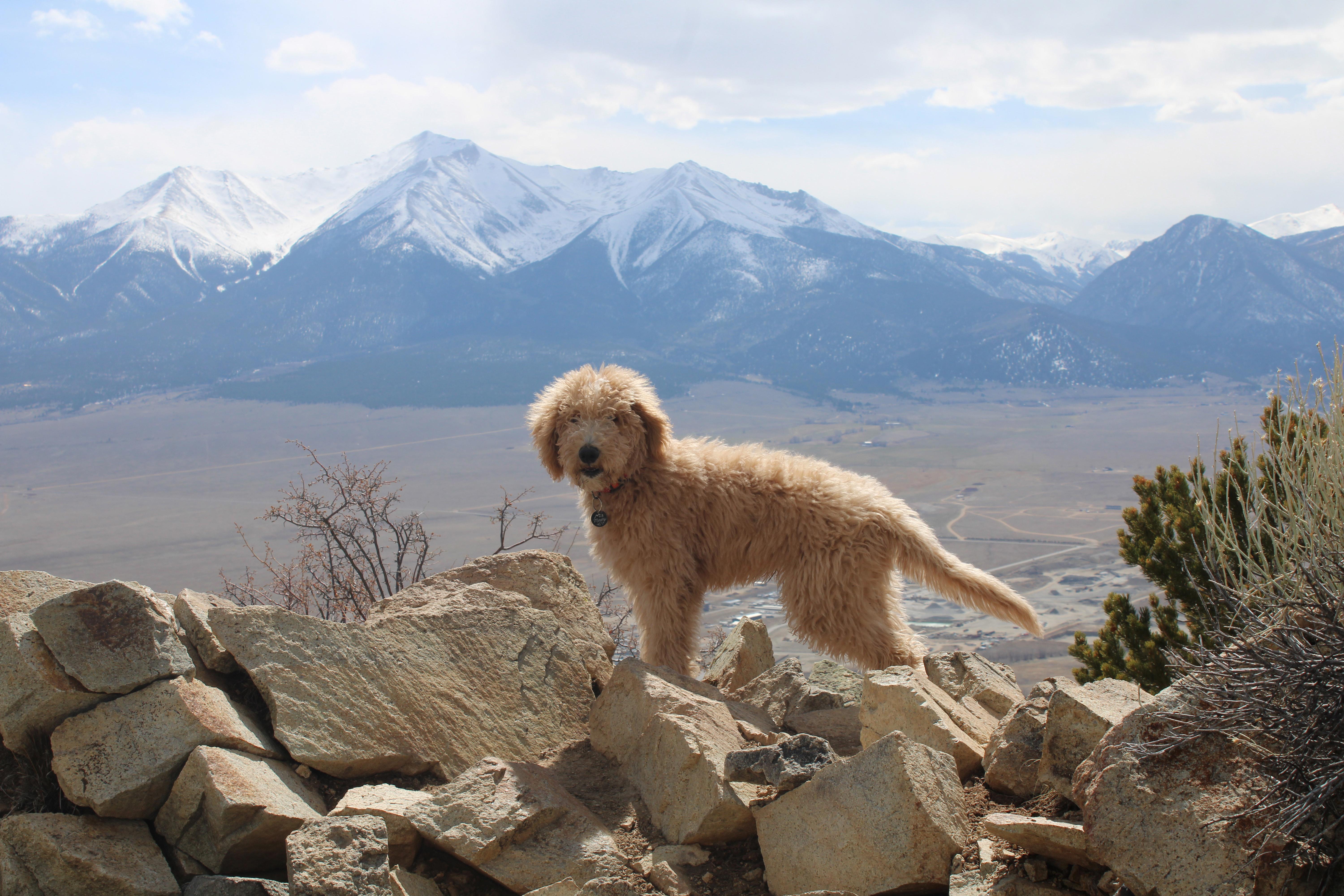Bernese Mountain Dogs are beautiful, gentle giants that have been stealing the hearts of dog lovers for decades. These dogs are known for their calm temperament, loyalty, and intelligence, which makes them a popular choice for families. However, like all breeds, Bernese Mountain Dogs are prone to certain health issues that can affect their quality of life. As a responsible dog owner, it’s important to be aware of these health concerns and take steps to prevent and manage them. In this blog post, we’ll be discussing the top health concerns of Bernese Mountain Dogs and what you should know to keep your furry friend healthy and happy.
Bernese Mountain Dogs are large, furry, and lovable dogs that are known for their gentle nature and loyalty. They are great family dogs, but like any breed, they are prone to certain health issues. In this blog post, we will be discussing the most common health concerns that Bernese Mountain Dogs face, including preventative measures and treatment options.
- Hip Dysplasia
Hip dysplasia is a common health issue that affects many large breeds, including Bernese Mountain Dogs. It is a genetic condition in which the hip joint does not develop properly, leading to pain, inflammation, and eventually arthritis. Symptoms of hip dysplasia in Bernese Mountain Dogs include limping, difficulty standing up, and reluctance to exercise. While it is a genetic condition, there are steps that can be taken to prevent or reduce the severity of hip dysplasia. One of the most effective preventions is to maintain a healthy weight and keep them active, as excessive weight can put unnecessary strain on their joints. Additionally, regular exercise that includes low-impact activities such as swimming can help keep their joints healthy.
- Bloat
Bloat, also known as gastric torsion or twisted stomach, is a serious health issue that can affect any breed of dog, but is more common in large breeds such as Bernese Mountain Dogs. It occurs when the stomach fills with gas and twists on itself, causing a blockage that can cut off blood supply to the stomach and other organs. Symptoms of bloat in Bernese Mountain Dogs include excessive drooling, pacing, and a distended abdomen. Immediate veterinary attention is required for this condition, as it can be life-threatening. To help prevent bloat, it is recommended to feed your Bernese Mountain Dog smaller meals throughout the day instead of one large meal, avoid feeding immediately before or after exercise, and try to limit their water intake during and after exercise.
- Cancer
 - Copy.png)
Unfortunately, Bernese Mountain Dogs are prone to several types of cancer, including lymphoma, osteosarcoma, and mast cell tumors. Symptoms of cancer in Bernese Mountain Dogs can vary depending on the type and location of the tumor, but can include weight loss, lethargy, and changes in appetite or behavior. Regular check-ups with a veterinarian can help catch any cancer early, improving the chances of successful treatment. Early spay and neuter can also reduce the risk of certain cancers. If cancer is suspected, a veterinarian may recommend surgery, chemotherapy, or radiation therapy.
- Progressive Retinal Atrophy (PRA)
Progressive Retinal Atrophy (PRA) is a genetic condition that affects the retina of the eye, leading to blindness. Symptoms of PRA in Bernese Mountain Dogs include night blindness and difficulty navigating in low light. While there is no cure for PRA, there are tests that can be done to determine if a dog is a carrier of the gene. It is important to have your Bernese Mountain Dog tested if you plan on breeding them or if you are concerned about their risk for developing PRA. If a dog is diagnosed with PRA, it is important to provide them with a safe and familiar environment to help them adjust to their vision loss.
- Von Willebrand’s Disease
Von Willebrand’s Disease is a genetic bleeding disorder that affects the blood’s ability to clot. Symptoms of Von Willebrand’s Disease in Bernese Mountain Dogs include excessive bleeding from wounds or during surgeries. While there is no cure for Von Willebrand’s Disease, there are treatments that can help manage the condition. If a Bernese Mountain Dog is diagnosed with Von Willebrand’s Disease, it is important to inform your veterinarian before any surgical procedures.
Overall, Bernese Mountain Dogs are prone to several health issues, but with proper preventative care and early detection, many of these issues can be managed or even prevented. Regular check-ups with a veterinarian, maintaining a healthy weight, providing regular exercise, and early spay and neuter are all important steps in keeping your Bernese Mountain Dog healthy and happy. While it can be scary to think about the potential health concerns of a beloved pet, being aware of these issues and taking steps to prevent them can ensure a long and healthy life for your furry friend.
In conclusion, it is crucial to be aware of the common health issues that Bernese Mountain Dogs may face. By understanding the potential health concerns and taking preventive measures such as regular vet check-ups, proper nutrition, and exercise, you can help ensure that your furry friend lives a healthy and happy life. As a responsible pet owner, it’s up to you to give your Bernese Mountain Dog the best possible care and attention they deserve, and by doing so, you’ll be rewarded with years of unconditional love and companionship.
Please follow us on Social Media


%20-%20Copy.png)
.png)
.png)
.jpg)
.jpg)
%20-%20Copy.jpg)
